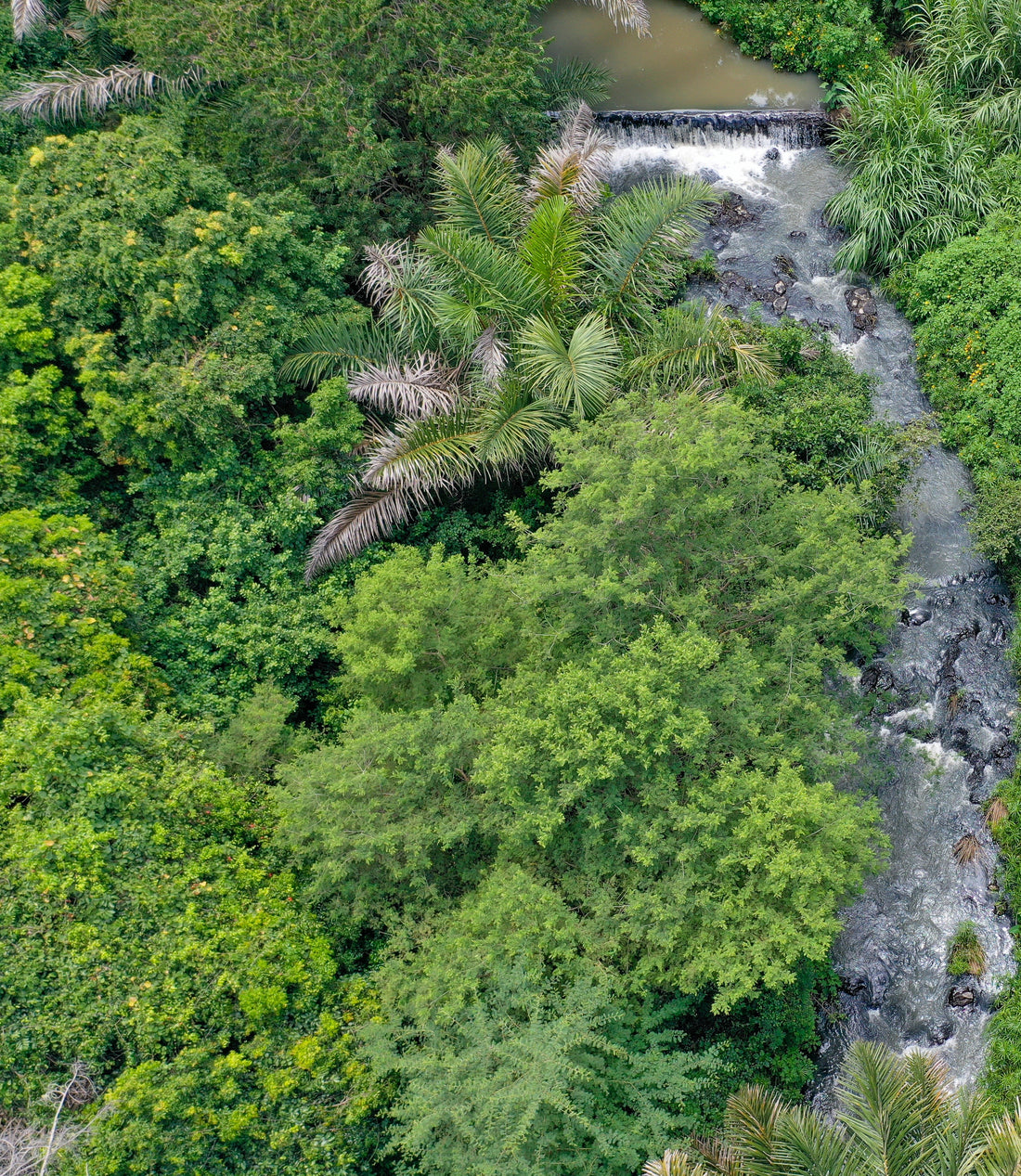
Share this Article
Earth Day is here!
While countries across our beautiful planet are doing their part to ensure us all a greener future, you might not know that Kenya in particular is a global leader in sustainability and conservation-related causes.
Read on for five inspiring facts you should know about the movement for a greener future in Kenya. And check out our Earth Day Collection of repurposed canvas totes, pouches, and other sustainability-minded products. The best part? We’ve teamed up with Kenyan conservancy Porini Gamewatchers, and will be donating a percentage of the proceeds from our Earth Day Collection directly to their organization.

SHOP THE EARTH DAY COLLECTION
Sustainability in Kenya: 5 Facts to Know
1. Harsh Penalties for Plastic
Kenya has some of the strictest single-use plastic laws in the world. The country banned single-use plastic bags in 2017, with anyone caught manufacturing, importing, or selling a plastic bag facing up to a $40,000 fine or up to four years in prison.
2. Sustainability is Constitutional
Environmental protections are written into the Kenyan constitution. Yep, the right to a clean and healthy environment is embedded in the nation’s founding document. The constitution empowers people to seek restitution when their right to a healthy and clean environment has been violated.
3. The Return of the Rhino
According to the International Fund for Animal Welfare, no rhinos were poached in Kenya in 2020, and the rhino population increased by 11 percent from the previous year. This is due in large part to efforts by the Kenyan Wildlife Service, which reduced poaching by 90 percent in just six years thanks to enhanced surveillance, better training, higher quality investigations, and tougher penalties for poachers, including $200,000 fines and lengthy prison sentences.
4. A Haven for Protected Lands
Kenya has 50 National Parks and Reserves that protect fragile ecosystems and an abundance of wildlife. The oldest Kenyan National Park is Tsavo East, which dates back to 1948 and encompasses 5,308 square miles of sprawling savanna that is home to enchantingly beautiful Red Elephants.
5. Going Green: A Nobel First
The first African woman to win the Nobel Peace Prize was environmentalist Wangarĩ Muta Maathai in 2004. Maathai founded the Green Belt Movement to empower women to plant trees. This movement has planted more than 45 million trees across Kenya to date, helping to combat deforestation, stop soil erosion, and create a source of income for women and their families.







